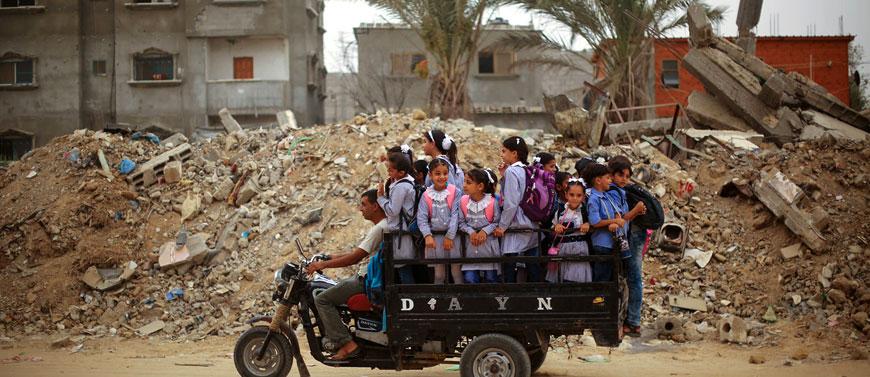- Local News
- Sun-2020-07-05 | 03:31 pm

"In an unpredictable and unstable environment, we need, more than ever, a predictable and stable UNRWA. Our greatest challenge is our financial stability. We are operating at full capacity with inadequate resources,” said UNRWA Commissioner General Philippe Lazzarini.
"Let’s be clear, UNRWA’s funding model is not sustainable,” he added.
Director General of Jordan’s Department of Palestinian Affairs Rafiq Khirfan opened the meeting by discussing the agency’s fundraising strategy and its reform programme, while following up on the implementation of the recommendations of the previous advisory committee issued in November of 2019.
According to Khirfan, "failure to achieve these recommendations has dangerous consequences for the security and stability of the region, especially with deepening feelings of anger and despair and an increased possibility of the situation exploding if Israel implements its plans to annex parts of the West Bank”.
He added that Jordan, under the leadership of His Majesty King Abdullah, "stresses the importance of maintaining UNRWA as an essential investment for peace building and regional and international stability”.
Lazzarini noted: "The threat of annexation hangs over the West Bank and East Jerusalem. As political tensions continue to rise, what happens next is uncertain, but likely to affect Palestine refugees, as well as governments in the region.”
"Lebanon’s economy has collapsed. The Syrian conflict persists and continues posing an enormous political and humanitarian challenge in the region. And now, COVID-19 is fueling a pandemic of abject poverty. Despair and hopelessness are growing among Palestine refugees,” he added.
The commissioner general highlighted that, over the last five years, with the exception of 2018, UNRWA’s budget "has not been adequately resourced" to meet the needs of Palestine refugees.
Lazzarini concluded by saying that 2019 was "a challenging year for UNRWA. The agency paid a high price. Its reputation was harmed. Its top leadership decapitated. And funding hit a record low since 2012.”
He added: "Despite this, the agency, building on the strength and commitment of its staff, kept all services running.... After a few difficult years, I believe it is now time to turn the page and to focus on the challenges UNRWA is confronted with.”
UNRWA held meetings on July 1 and 2 with the participation of 30 member states and representatives of Arab countries hosting Palestinian refugees, UNRWA’s donor countries, the European Community and the League of Arab States.









